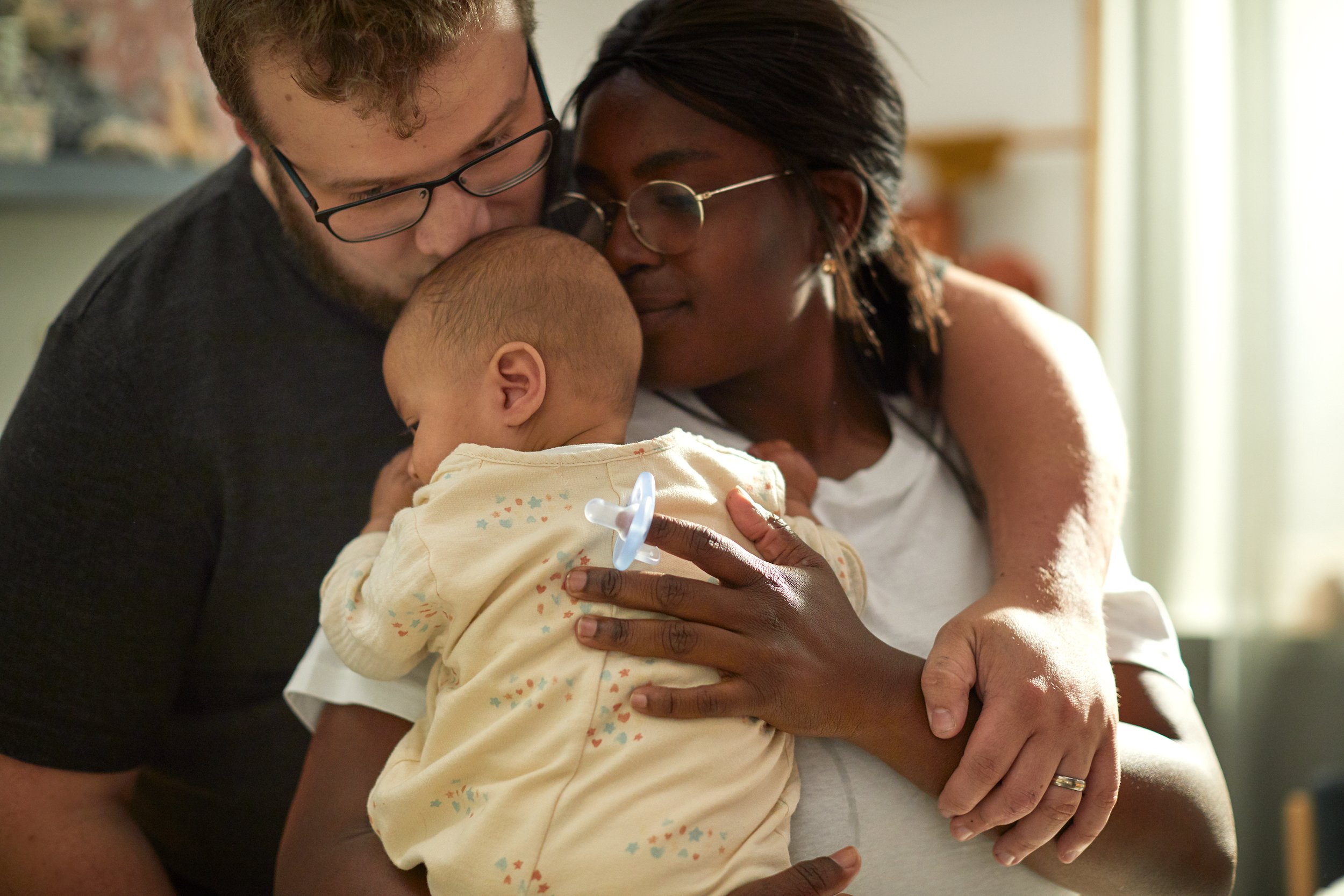Without A Village: Pressure to Put Newborn First Leads Parents to Sacrifice Self-Care, Medical or Mental Health Care
Photo credit: Philips Avent
A recent survey conducted by Philips Avent* found that 88% of parents agree they are better parents when they prioritize self-care, but many don’t feel they have the time or mind space to do it. According to findings, more than 2 in 3 parents feel a great deal of pressure to prioritize their baby’s needs over their own
Parents’ lives change drastically as soon as they lay eyes on their newborn, who takes center stage with his or her first cry. It may become easy for parents to look at self-care as a soothing, but not essential, element in one’s life. A concerning 32% of parents say they neglect seeking medical or mental health care when they need it, despite roughly the same amount (34%) knowing that seeking care is a beneficial self-care practice.
Survey Key Findings:
• Relegated to their new around-the-clock roles, more than 2 in 3 parents (70%) feel pressure to put their first child’s needs above their own.
• Putting their child(ren) first means that many parents must sacrifice some element of their own self-care. In fact, 89% neglect their self-care to embrace their role as a parent.
• This unrelenting pressure early on can bring an emotional cost for parents even years later, with nearly half of parents (47%) with children under 3 feeling selfish when they practice self-care, and 38% feel they are neglecting their children when they do so.
• Parents with young kids are sacrificing most of the same self-care activities they know could make them better parents. They acknowledge that getting enough sleep (73%), eating healthy meals (57%), and physical exercise (53%) are beneficial to their roles as parents.
• Putting their child(ren) first means that many parents must sacrifice some element of their own self-care. In fact, 89% neglect their self-care to embrace their role as a parent. Not getting enough sleep is the biggest sacrifice (65%), followed by less time for hobbies (58%), and lack of physical exercise (53%). Half (51%) spend less time socializing with family and friends, and nearly a third (29%) give up journaling or reading.
To further showcase the uniqueness of each parenting journey, Philips Avent introduced earlier this year the Parent's Path Art Collection by Philips Avent, a curation of custom artwork created in partnership with artists who are moms. The collection demonstrates the paradox of the unforeseen detours and magical milestone moments that parents experience while depicting self-expression, self-care, and community support as essential parts of nurturing new parents through the journey.
Philips Avent offers support without judgment and a portfolio of adaptable products that meet babies’ developing needs so parents can feel at ease when they designate time for self-care. No two experiences are the same, and Philips Avent is committed to supporting all parents as they navigate the path ahead. Designed in partnership with healthcare professionals, Philips Avent feeding and soothing tools are innovative solutions to help parents give their babies the best care, ultimately helping to maintain their own peace of mind.
*The Philips Avent Survey was conducted by Wakefield Research among 1,000 recent parents, defined as those with children under age 3, between May 12th and May 21st, 2023, using an email invitation and an online survey.

